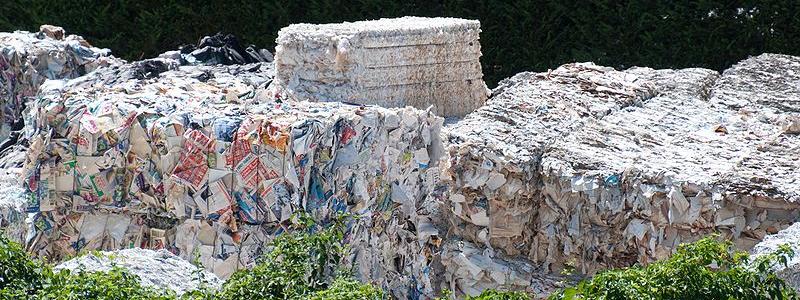Trade tensions between China and the United States are impacting the timber trade, and specifically the export of American logs to China. Logs have been subject to a non-tariff measure imposed by Beijing since March, according to news agency RFI.
American lumber is subject to a sanitary barrier due, according to Chinese customs, due to the presence of bark beetles in American lumber. The lumber has therefore been detained at ports, and imports of new batches from the United States have been suspended, officially, for "biosecurity" reasons.
However, « it is difficult not to interpret this sanitary measure as a form of trade retaliation », according to RFI: it was implemented just after Donald Trump announced the imposition of customs duties.
Now that some of the customs tariffs have been put on hold for 90 days, China has agreed to suspend, or even eliminate, non-tariff measures taken since April 2 in retaliation against the United States.
Could the trade of raw timber from the United States to China resume, however, and if so, how soon? "Uncertainty is our new certainty in these turbulent times. We only know that Americans need to sell their hardwood species to China," summarizes Emmanuel Groutel, a specialist in international timber flows and co-author of the CyclOpe report on raw materials.
American timber exports to China include ered oak, white oak, and walnut, as well as softwoods.
Log exporters are the unexpected victims of the trade war, according to WoodCentral, a digital platform dedicated to the timber sector. Before March, approximately 40% of American timber was exported to China.
This is a hard blow, particularly for the Eastern United States, notably the Appalachian mountain region, according to the CyclOpe report.
























































